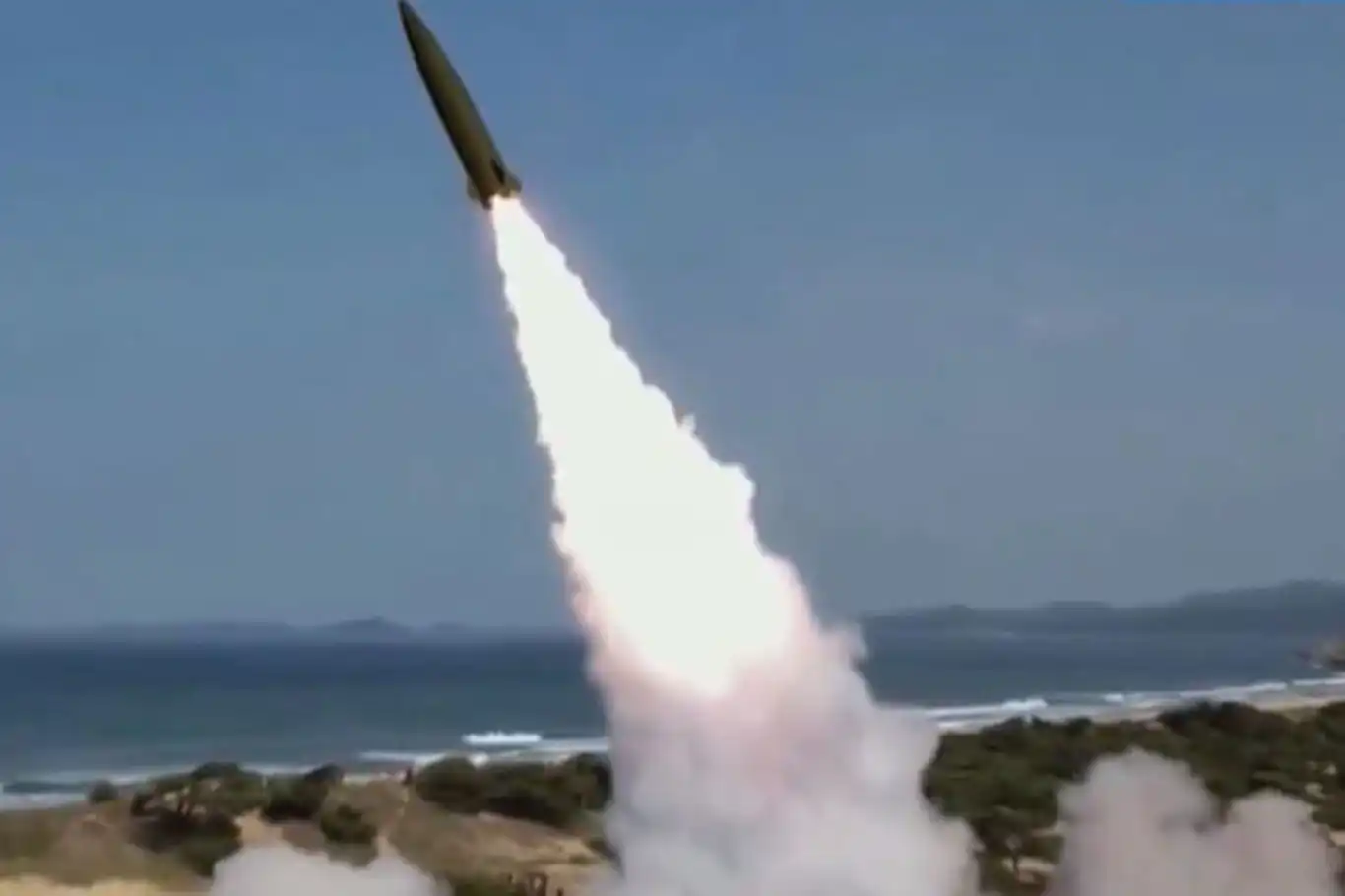North Korea fires short-range ballistic missiles toward Sea of Japan


North Korea launched several short-range ballistic missiles toward the Sea of Japan on Tuesday morning, according to the South Korean military.
The missiles were fired from Kanggye, located in North Korea's northern region, at approximately 9:30 a.m. local time. They traveled a distance of about 250 kilometers before landing in the sea, the South Korean Joint Chiefs of Staff reported.
Japan's Chief Cabinet Secretary Yoshimasa Hayashi stated during a press conference in Tokyo that no missiles had entered Japan’s territory or exclusive economic zone (EEZ). "The government is committed to maintaining vigilance and conducting surveillance activities," Hayashi said, adding that Japan is closely cooperating with the United States and South Korea to analyze the situation.
This marks North Korea's continued missile activities following its launch of an intermediate-range hypersonic ballistic missile on January 6. That launch was seen as a renewed show of force ahead of the upcoming inauguration of U.S. President-elect Donald Trump on Monday.
Regional tensions remain high, with allied nations increasing their monitoring efforts in response to North Korea’s provocations. (ILKHA)
LEGAL WARNING: All rights of the published news, photos and videos are reserved by İlke Haber Ajansı Basın Yayın San. Trade A.Ş. Under no circumstances can all or part of the news, photos and videos be used without a written contract or subscription.
The United States and China have reached an agreement allowing the popular social media platform TikTok to continue operating in the American market under new ownership conditions.
U.S. President Donald Trump has again nominated billionaire entrepreneur and private astronaut Jared Isaacman to serve as Administrator of NASA, a move that reignites debates over political favoritism, corporate influence, and the future direction of America’s space program.
Chinese scientists have announced the development of a revolutionary analog computing chip that they say can outperform today’s most advanced digital graphics processing units (GPUs) by up to 1,000 times while consuming only a fraction of the energy.
IBM has announced a significant breakthrough in quantum computing, successfully deploying a quantum error correction algorithm on commercially accessible hardware. The development, revealed on Friday, marks a step closer to realizing practical, large-scale quantum computers.